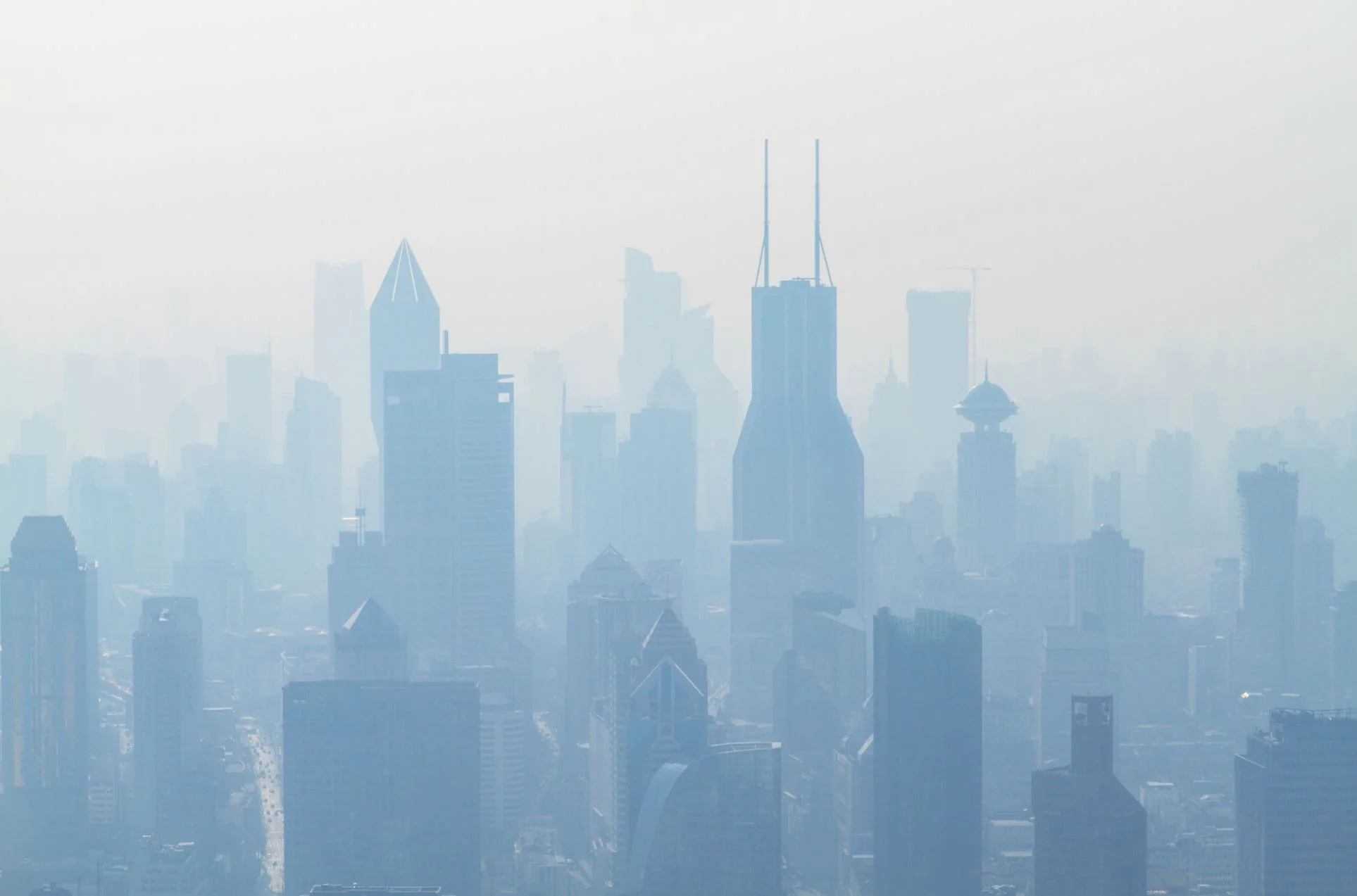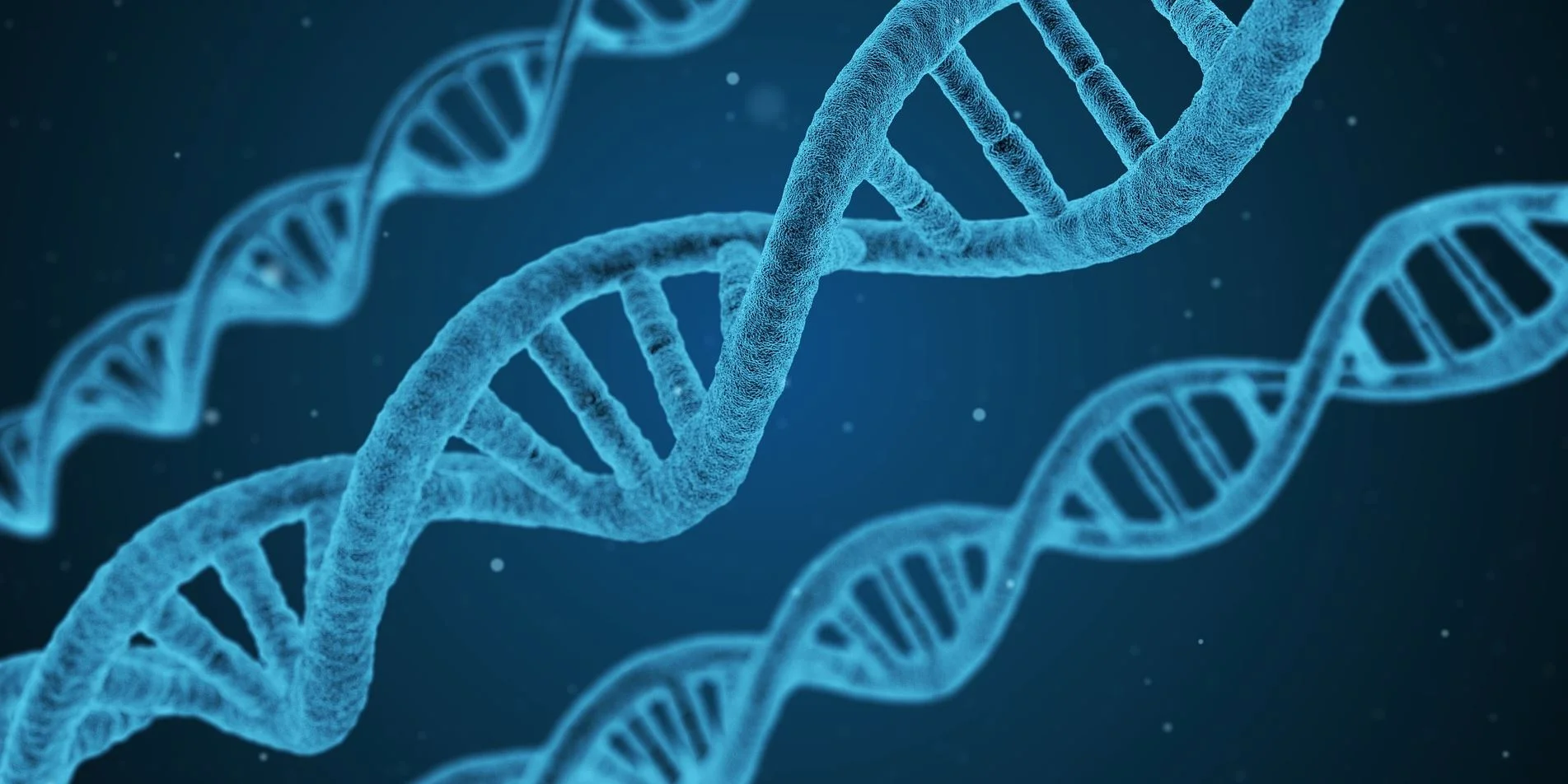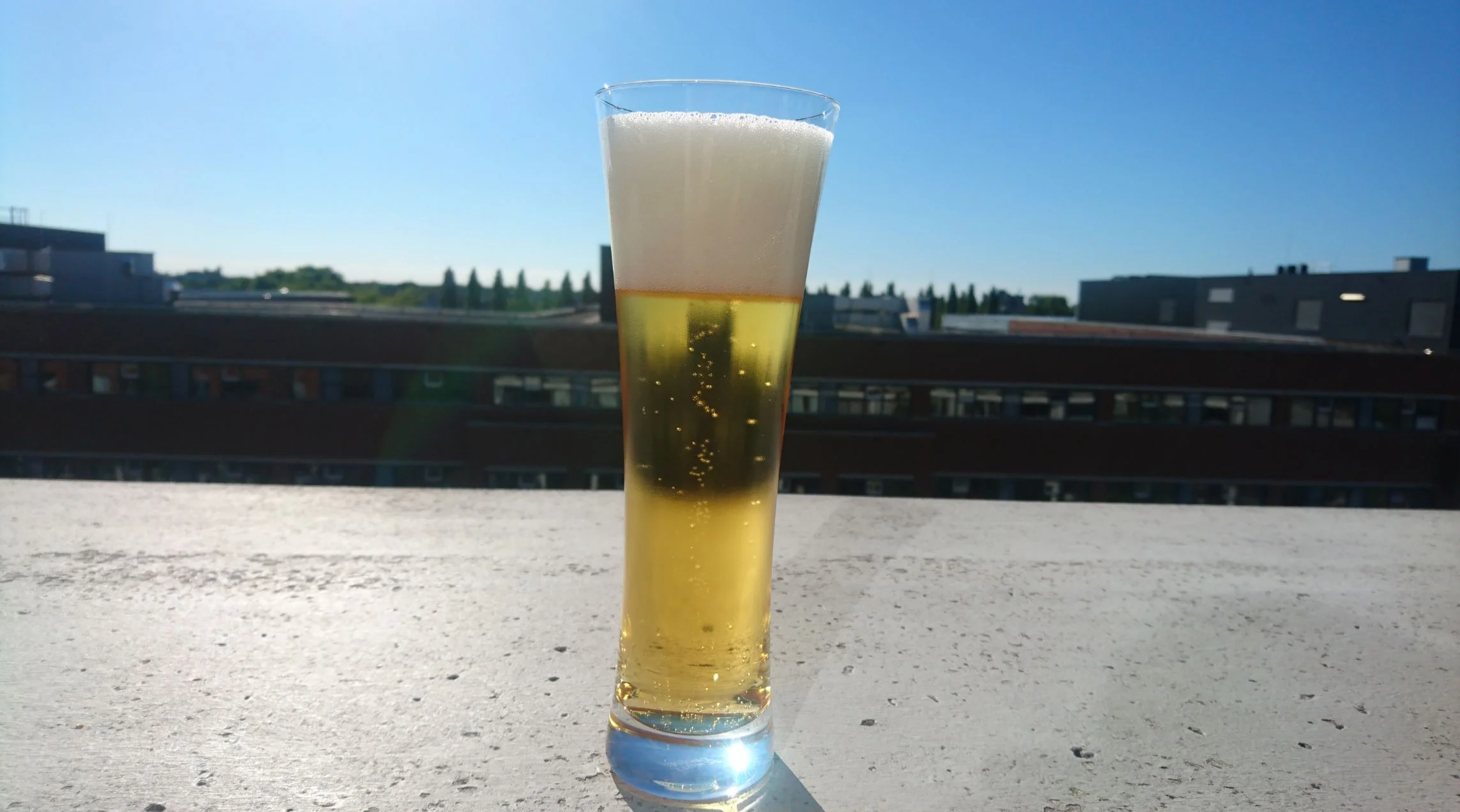In the Pixar animated film “Inside Out,” most of the plot plays out inside protagonist Riley’s head, where five emotions – Joy, Sadness, Fear, Disgust and Anger – direct her behavior.
Health Check: when should you throw away leftovers?
Why two people see the same thing but have different memories
Will wearing your coat indoors make you feel colder outside? A scientist explains
If you’ve ever had to work in a draughty office, warehouse or classroom, you’ve probably been tempted to keep your coat on inside. And you were probably also advised against it because you wouldn’t “feel the benefit” when you went outside. This might seem counter intuitive. If you’re cold already, surely you should do whatever you can to retain warmth? It turns out things aren’t that simple. To understand what’s really going on, we need to know a bit about why we feel cold in the first place.
Why you like coffee, and I choose tea – it’s in the genes
A neuroscientist’s tips for a new year tuneup for your brain
Unlike the effervescent bubbles that stream to the top of champagne flutes on New Year’s Eve, what I call brain bubbles are far from celebratory. These bubbles are metaphorical rather than physical, and they distort the stream of reality processed by our brains. Like a real estate bubble that reflects an inflated perception of home values, a brain bubble twists your perception of the world around you. And when either of these bubbles bursts, the results can be devastating.
What if consciousness is just a product of our non-conscious brain?
As the very word used to describe it has been “worn smooth by a million tongues”, consciousness is a fertile topic for confusion. We all know what it is to be conscious. It is, basically, being aware of and responding to the world. Similarly, we all possess a common sense notion of how consciousness works.
Air pollution may be making us less intelligent
Not only is air pollution bad for our lungs and heart, it turns out it could actually be making us less intelligent, too. A recent study found that in elderly people living in China, long-term exposure to air pollution may hinder cognitive performance (things like our ability to pay attention, to recall past knowledge and generate new information) in verbal and maths tests. As people age, the link between air pollution and their mental decline becomes stronger. The study also found men and less educated people were especially at risk, though the reason why is currently unknown.
Morning lark or night owl? How our body clocks affect our mental and physical performance
Whether you’re a morning person or love burning the midnight oil, we’re all controlled by so-called “body clocks.” These body clocks (which regulate your circadian rhythms) are inside almost every cell in the body and control when we feel awake and tired during a 24-hour period. But as it turns out, our latest study found that our body clocks have a much bigger impact on us than we previously realized. In fact, our body clocks actually effect how well a person performs on both mental and physical tasks.
When teens sleep in, grades go up
You make decisions quicker and based on less information than you think
More people are experiencing severe food allergies than ever before
The recent inquest into the death of Natasha Ednan-Laperouse from anaphylaxis after eating a Pret A Manger baguette she was unaware contained sesame, could lead to a change in labelling legislation. Indeed, a recent investigation found that undeclared allergens were present in a quarter of foods sampled. But a more fundamental issue needs to be addressed: why are more people experiencing severe food allergies than ever before?
5 Technologies Bringing Healthcare Systems into the Future
Neuroscientists identify a surprising low-tech fix to the problem of sleep-deprived teens
Healthy sleep leads to healthy brains. Neuroscientists have gotten that message out. But parents, doctors and educators alike have struggled to identify what to do to improve sleep. Some have called for delaying school start times or limiting screen time before bed to achieve academic, health and even economic gains.
Our neurons explain why we live so long
Human evolution is still happening – possibly faster than ever
Modern medicine’s ability to keep us alive makes it tempting to think human evolution may have stopped. Better healthcare disrupts a key driving force of evolution by keeping some people alive longer, making them more likely to pass on their genes. But if we look at the rate of our DNA’s evolution, we can see that human evolution hasn’t stopped – it may even be happening faster than before.
Cotton bio-fuel cell could one day power pacemakers
Is alcohol bad for you? It depends on the drink and how you drink it
Recent headlines claim that a glass of wine or a pint of beer a day shortens your life. It’s enough to dampen any thoughts of a celebratory drink or two at Christmas. But those conclusions are based on a partial view of the alcohol debate.
Five food mistakes to avoid if you’re trying to lose weight
Could consciousness all come down to the way things vibrate?
Why is my awareness here, while yours is over there? Why is the universe split in two for each of us, into a subject and an infinity of objects? How is each of us our own center of experience, receiving information about the rest of the world out there? Why are some things conscious and others apparently not? Is a rat conscious? A gnat? A bacterium?














